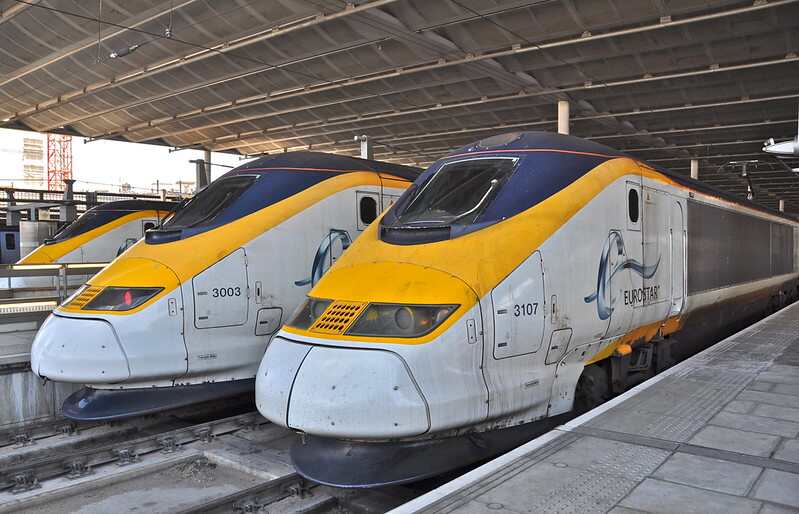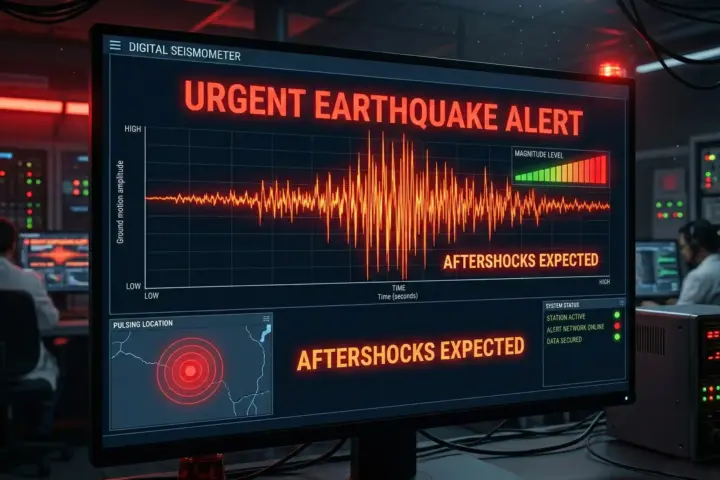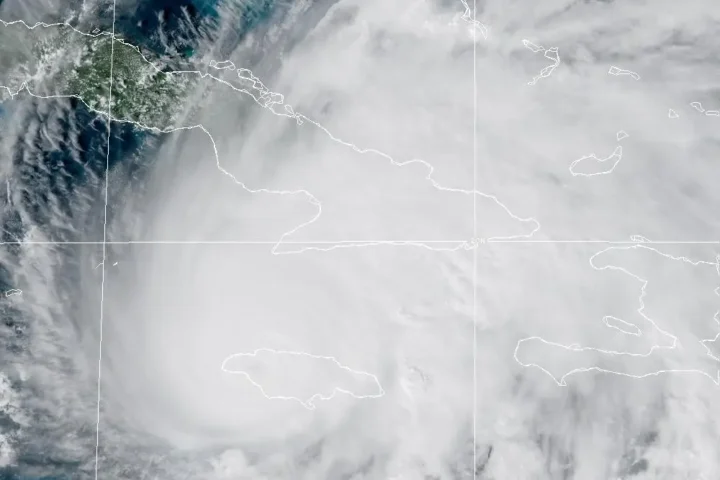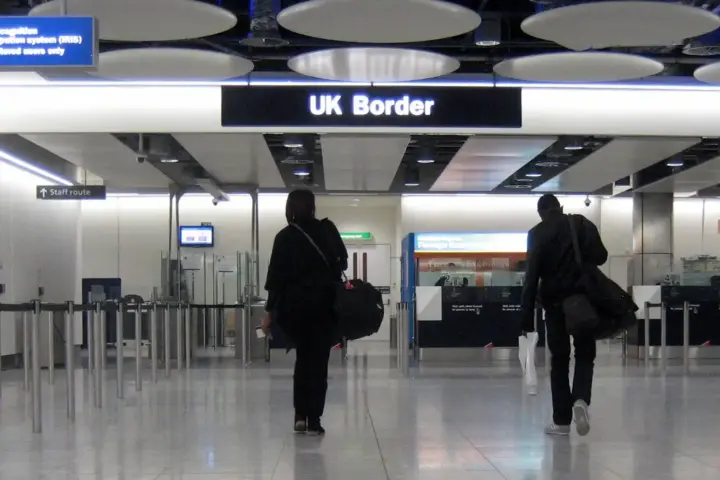A Eurostar train traveling from Brussels to London broke down in northern France on Sunday, July 6, 2025, leaving passengers stranded for up to nine hours in difficult conditions. The train, which departed Brussels at 8:52 am local time and was due to arrive at London St Pancras at 9:57 am BST, stopped between Lille and Calais due to a complete electrical failure.
Passengers described harrowing conditions inside the carriages. With no electricity, the air conditioning system failed and toilets became unusable. Many took to social media to share their experiences.
“Stuck on the Eurostar for 4.5 hours, stationary. Toilets full, electricity off & absolutely slowly boiling alive,” one passenger wrote. Others reported opening doors to get fresh air as temperatures rose inside the train.
The situation was particularly challenging for vulnerable travelers. “This is terrible, especially for babies and elderly people,” said Lidia Aviles, a 38-year-old passenger from Brussels. Emergency services eventually arrived to distribute water to the stranded passengers.
For safety reasons, travelers were initially kept on board. “Passengers were not allowed to leave the train for hours due to security concerns regarding people standing near the rails,” Aviles explained.
After approximately four hours, at around 4:00 pm local time (3:00 pm BST), evacuation began. Photos from the scene showed dozens of people standing outside the train alongside rescue workers in high-visibility jackets.
A replacement train arrived at around 4:45 pm local time, but further delays followed. The folk band Stornoway, who happened to be on the train, provided some relief by performing an impromptu trackside concert for fellow passengers. They played acoustic versions of songs, including “The Only Way is Up” with lyrics adapted to reference the Eurostar delay.
Similar Posts
“Passengers have each been given a KitKat, for which we are of course grateful, but still no info about what’s actually happened or when we’ll be moving,” the band told the BBC during the wait. They also reported that passengers had started “raiding the café car” and that one person had been carried away on a stretcher.
The replacement train finally began moving at about 7:30 pm local time (6:30 pm BST), arriving in London at 7:20 pm BST – making the total journey time more than 11 hours for what was scheduled to be a journey of just over two hours.
Eurostar acknowledged the “complex transfer operation” took longer than expected and apologized for the disruption. “The situation was extremely difficult for our travelers, and once again we extend our sincere apologies for the inconvenience caused,” the company stated.
The rail operator has offered affected customers either a full cash refund or an e-voucher worth three times their ticket value. Eurostar also confirmed the incident “will be fully investigated.”
This breakdown follows recent disruptions on the Eurostar network. Just weeks earlier, on June 25, more than 5,000 passengers faced cancellations after 600 meters of cable was stolen near Lille. That incident came a day after two people were struck by trains near Lille Europe station, causing significant delays.

The frequency of these incidents has raised questions about the resilience of cross-Channel rail infrastructure and Eurostar’s emergency response protocols. While the compensation offered exceeds standard industry practices, passengers’ accounts of poor communication during the ordeal suggest improvements may be needed in crisis management procedures.
For travelers planning to use London’s transportation system, this incident serves as a reminder of how disruptions can significantly impact travel plans.
















